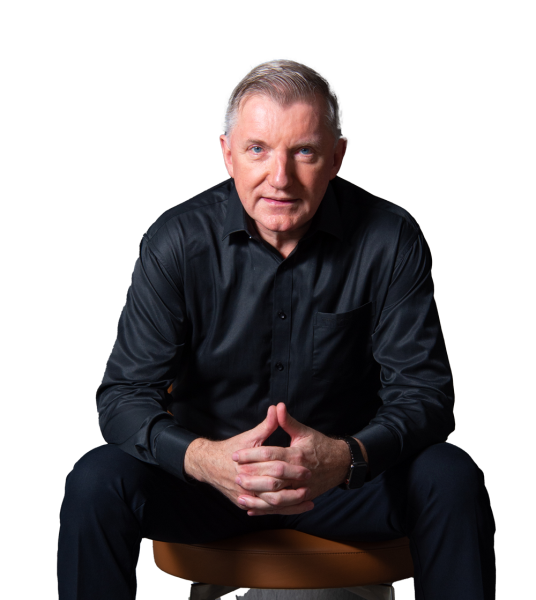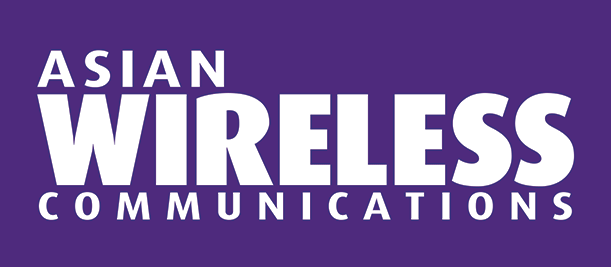09 October 2023
Hans Moritz, CTO at Irrawaddy Green Towers
Myanmar has moved from a growing market to a consolidating market. There are almost no new towers to build, we must wait until the economic situation improves.
Currency is a new challenge. We have contracts with operators in US$ who will only be paid in local currency. This is resulting in difficult exchange rate negotiations. There is the CBM (Central Bank of Myanmar) rate 2,100 MMK/US$, the ‘official rate’ 2,922 MMK/US$, and the rate on the market, which fluctuates around 175% of the CBM rate. Although we don’t have to buy towers in US$ right now, we still need to replace, or upgrade; batteries, power equipment, generators, and buy spares to keep the network running. Moreover, importing from countries other than China is extremely difficult due to various rules and regulations, and this is unlikely to change any time soon.
The financial bottom line, for almost all businesses, is under huge pressure.
Could you describe an instance where IGT exhibited exceptional resilience and adaptability in the face of a significant obstacle in site management, in a challenging environment?
Every situation has its own challenges, but that’s what makes network operations interesting!
Today in Myanmar, there’s power instability, with many hydro power plant projects put on halt; maintenance lag on turbines made some of them fail; resulting in the degradation in grid power availability. However, in the last two years, we’ve installed on many sites that are only connected to the Grid, Lithium-Ion batteries, which we can charge faster by adding rectifiers. That’s significantly reducing the impact of the power-scheduling, although the needed rectifiers again, must be bought with US$.
The aim is to deliver up-time as we always do, and to navigate through the moments of lag of equipment by operating in a smart way, moving equipment from site-to-site with minimum impact for our customers.
The roadblocks, curfew, confrontations with armed groups, sabotage that we’re seeing now, all need a special approach. Now we must live with ‘the new normal,’ demanding a new and special management approach. We’ve instructed employees to deal with the situation on the ground as best as is possible, doing whatever they need to do, to stay safe.
With your extensive experience in emerging economies, what would you identify as the three pivotal factors for ensuring a successful operation and sustained infrastructure maintenance?
Process automation; full control; and management.
Our enterprise system is a combination of four coupled base systems: Asset Management System (ERP), WO & TT System (ClickOnSite), RMS System (Invendis) and the Electronic Key System. With the combination of these systems we can manage all our end-to-end processes (including roll-out), with build in controls.
In emerging markets, people are not trained, or aware of, the fundamentals in quality, discipline, project management, etc. Things that are normal for western economies are alien to those in emerging countries. You must start with selecting the right people and training them to a mutual perception of quality and maintenance.
Three years ago, we implemented the Trouble Ticketing (TT) & Work Order (WO) system ClickOnSite with an integrated Mobile App. If a site encounters problems, automatically a trouble ticket is sent out to rectify. Based on experiences in other markets where the maintenance guy actually never visited the site, and instead sent doctored photos, we implemented tight controls. Trouble tickets can only be closed on site, which is confirmed via geofencing. With the ClickOnSite Mobile App, a photo is taken directly through the app to evidence the work – it cannot be manipulated. We have a full record of all activities done on site.
Meanwhile, we control the movement of assets by utilising a combination of barcodes scanning (to identify the asset) and geofencing (to identify the location of the asset). These barcodes cannot be tampered with as they’re embedded into the equipment. This ensures that the data we have is accurate. Coupling of the generator controllers and Li-Ion-batteries-management-systems, to the Remote Management System gives us early warnings and full visibility of what’s happening on sit.
Without the right management, all these supporting systems/tools and available data are useless. Managed well, the gain is huge.
What do you feel is the most significant contribution of the telecommunications industry to society?
For emerging markets, the benefits are endless, improving quality of life through education, creating competition, improving knowledge, instant support, etc.
When I was in Uganda, there was, for example, a fisherman who sold his catch for $1 per kg to a reseller who approached him at the lake. This reseller would take the fish to market to sell for $5 per kg – because the fisherman didn’t know the market price, he was not in the position to negotiate a better price. With telecommunications, the fisherman could gain knowledge of the market, and benefit more from his own work.
Has there been a mentor or strong influential figure who has played a pivotal role in your professional journey?
When I started in the telecom industry, I had two inspiring people in my life: Marius Shouten and Chiel v.d. Linde. From them I learned about people management; the value of empowering people; the power of winning teams; never being too old to learn; and the joy of coaching people and bringing them to the next level. Being vulnerable (not always knowing everything) is a strength if you apply it right!
Do you adhere to a philosophy or have a guiding mantra that informs your decisions and actions in your daily professional life?
Don’t wait to decide until you have ALL the information; information is fast outdated; decisions are made on 80% of the information and more importantly on your ‘gut feeling,’ which develops through experience. BUT do not hesitate to change your decision when you receive information that dictates so, or you discover that you made a mistake.






